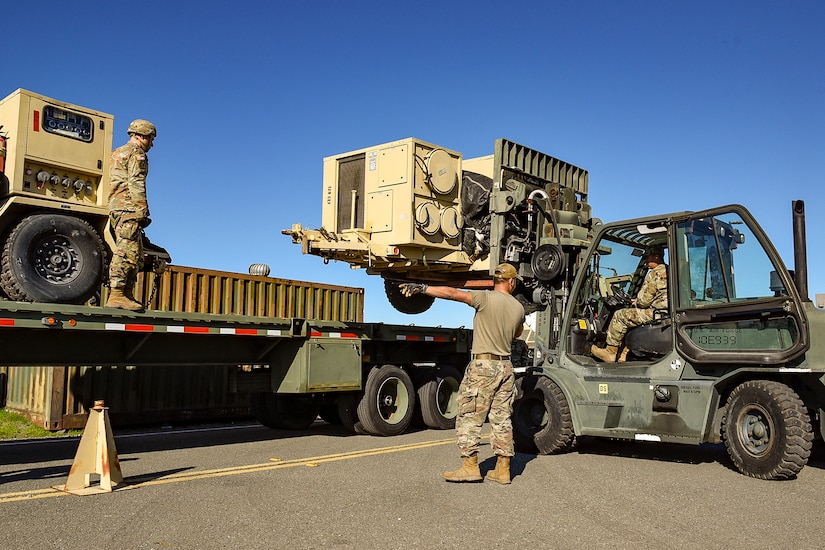The Army[1] is doubling down on its centralized screening program, which was established in 2020 to reduce bias during the selection process for the service's command leadership.
Army Secretary Christine Wormuth issued a directive Thursday permanently establishing the Command Assessment Program, introduced as a pilot[2] nearly five years ago to review officers and senior enlisted personnel in line for command billets or sergeants major jobs.
Eligible service members go through a series of physical, mental and professional assessments, as well as a blind interview before a diverse panel directed to consider the candidate without conscious or unconscious bias regarding race, gender, service branch or military experience.
Read Next: The Battle over Veterans' Health Care: How the Republican Majority Hopes to Reshape the VA[3]
Army officials say the program provides a "deliberate approach to identify, assess and select" the most qualified candidates.
"For the past five years, CAP has successfully demonstrated itself to be a critical component of the Army's service selection process," Wormuth wrote in Army Directive 2024-14[4]. "This directive formally institutionalizes CAP as an enduring program."
Critics, including some general officers interviewed by Military.com, say the system is susceptible to favoritism and point to the recent firing[5] of Gen. Charles Hamilton, former chief of Army Material Command, after he intervened in the evaluation process[6] of a potential battalion commander who had been deemed unfit for the job and was ranked as one of the lowest-performing candidates in her peer group.
Hamilton arranged a second evaluation, which the officer also failed, but she nonetheless was included on a list of eligible candidates. Following investigative reporting by Military.com in March, the officer was immediately removed from the command list, and Wormuth relieved Hamilton of his duties[7].
CAP supporters say Wormuth's decisive response to the incident shows that the service is committed to a fair and rigorous selection process.
In addition to establishing a permanent CAP, Wormuth also directed a review of the program to examine how it has affected demographic trends in leadership and the impact on officer retention.
A recent report found that 54% of officers eligible for command chose not to participate[8] in the selection process, compared with the 40% average rate since 2019.
As a result of the review of the centralized process, the Army will publish selection rates, weighting criteria and other data annually "to reinforce the integrity and transparency" of the process, according to a statement.
"As we face an increasingly complex and unpredictable global security environment, it is more important than ever that we select and develop the most qualified soldiers to lead our formations," said Cynthia Smith, the deputy chief for the Army's media relations division.
According to the directive, the Army secretary will directly approve the weight of CAP-scored variables such as written and verbal communication, physical fitness, strategic potential and leadership effectiveness.
The secretary or his or her representative will convene selection boards to establish an order of merit list for those screened successfully by CAP, which in turn will be approved by the Army chief of staff; previously, the Army chief largely was responsible for approving the list.
The service also will establish an assessment directorate within Human Resources Command and will update all relative policies within a year to incorporate CAP into the command billet selection process for active-duty personnel and noncommissioned officers.
Wormuth will step down effective Monday with the second inauguration of President Donald Trump. Daniel Driscoll, a former Army soldier and Iraq war veteran, with a background in private equity, is the Trump administration's nominee for the job.
He will need to be confirmed by the Senate.
Related: Army Secretary Fires 4-Star General Who Meddled in Promotion of Unfit Subordinate[9]
© Copyright 2025 Military.com. All rights reserved. This article may not be republished, rebroadcast, rewritten or otherwise distributed without written permission. To reprint or license this article or any content from Military.com, please submit your request here[10].

